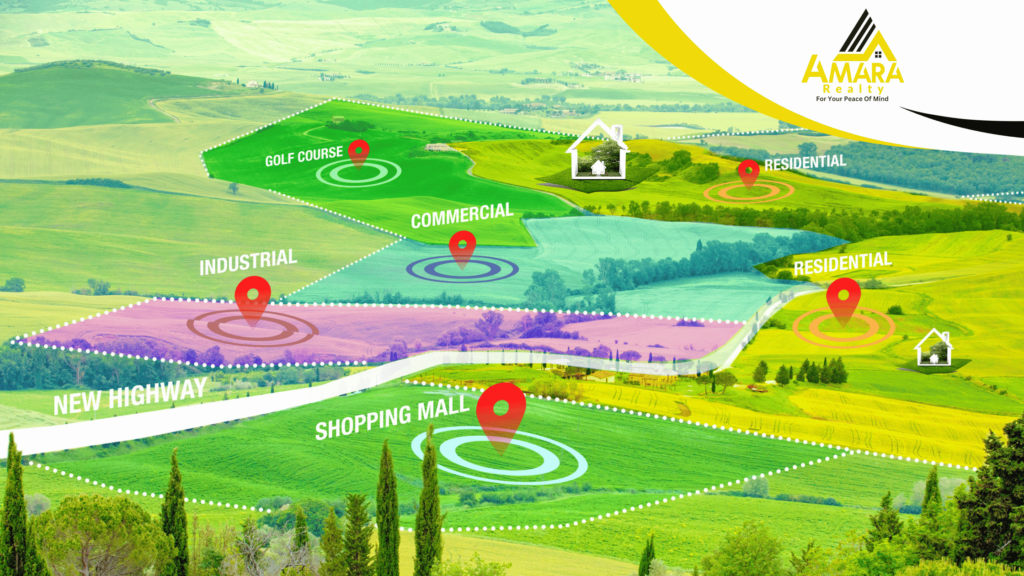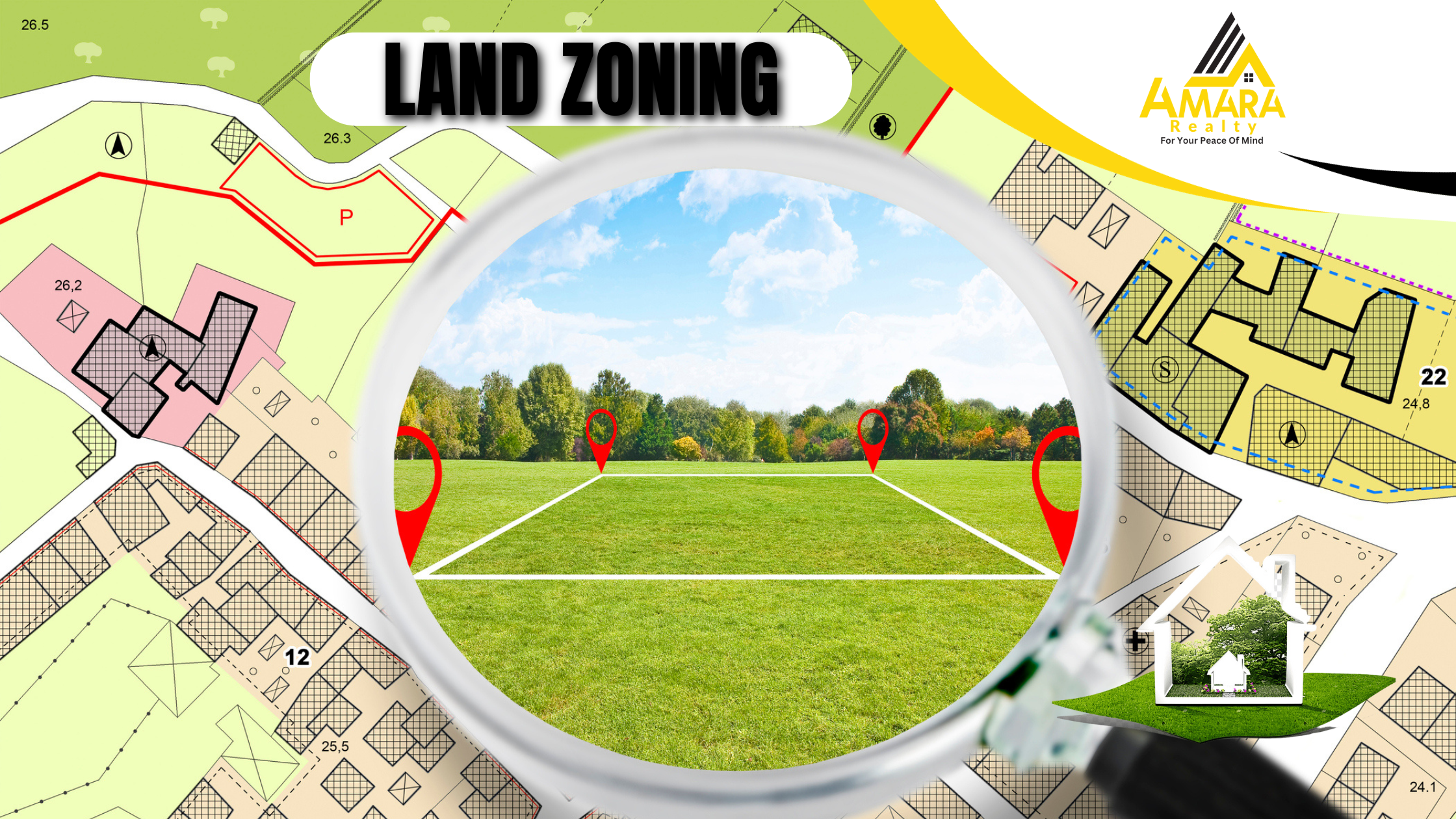
Introduction: When it comes to real estate investments, understanding land zoning is a fundamental aspect. At Amara Realty Company Limited, we value informed investors. In this extensive blog, we’ll take a deep dive into the world of land zoning in Kenya. We’ll discuss what zoning is, explore the different types with an emphasis on residential and commercial zoning in specific counties where our projects thrive, highlight the significance of zoning, provide links to relevant Acts governing zoning in those counties, and shed light on the role of zoning in urban planning.
What is Zoning?
Land zoning is a core principle in urban planning and land management. It entails the division of an area into distinct zones or districts, each designated for specific land uses and development purposes. The primary objective is to promote orderly growth, optimize land utilization, and maintain harmony among different land uses.
Types of Zoning:
Residential Zoning: Residential zoning is dedicated to housing. In the counties where Amara Realty Company Limited operates, we emphasize the following residential zoning categories:
- Low-Density Residential: These zones typically accommodate single-family homes and have spacious green areas. You can explore our projects in Ruiru East, Kiambu County, where we have over 10 projects, Joska Ndovoini, Nanyuki, where Praise Gardens, Victory Gardens, and Hope Gardens Phase I and II are located.
- Medium-Density Residential: Ideal for apartments and townhouses, these zones offer a balanced mix of housing types.
- High-Density Residential: These zones are suitable for high-rise developments, including condominiums.
- Orderly Development: Zoning ensures systematic growth, preventing chaotic development patterns.
- Resource Conservation: It protects natural resources and environmentally sensitive areas by regulating land use.
- Property Values: Zoning can influence property values. Proximity to well-planned parks or commercial centers can enhance property worth.
- Quality of Life: Proper zoning leads to improved infrastructure, reduced congestion, and better public spaces, enhancing residents’ quality of life.




